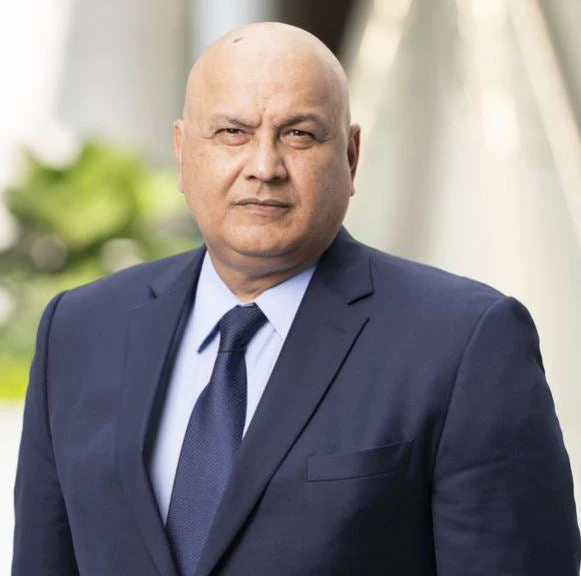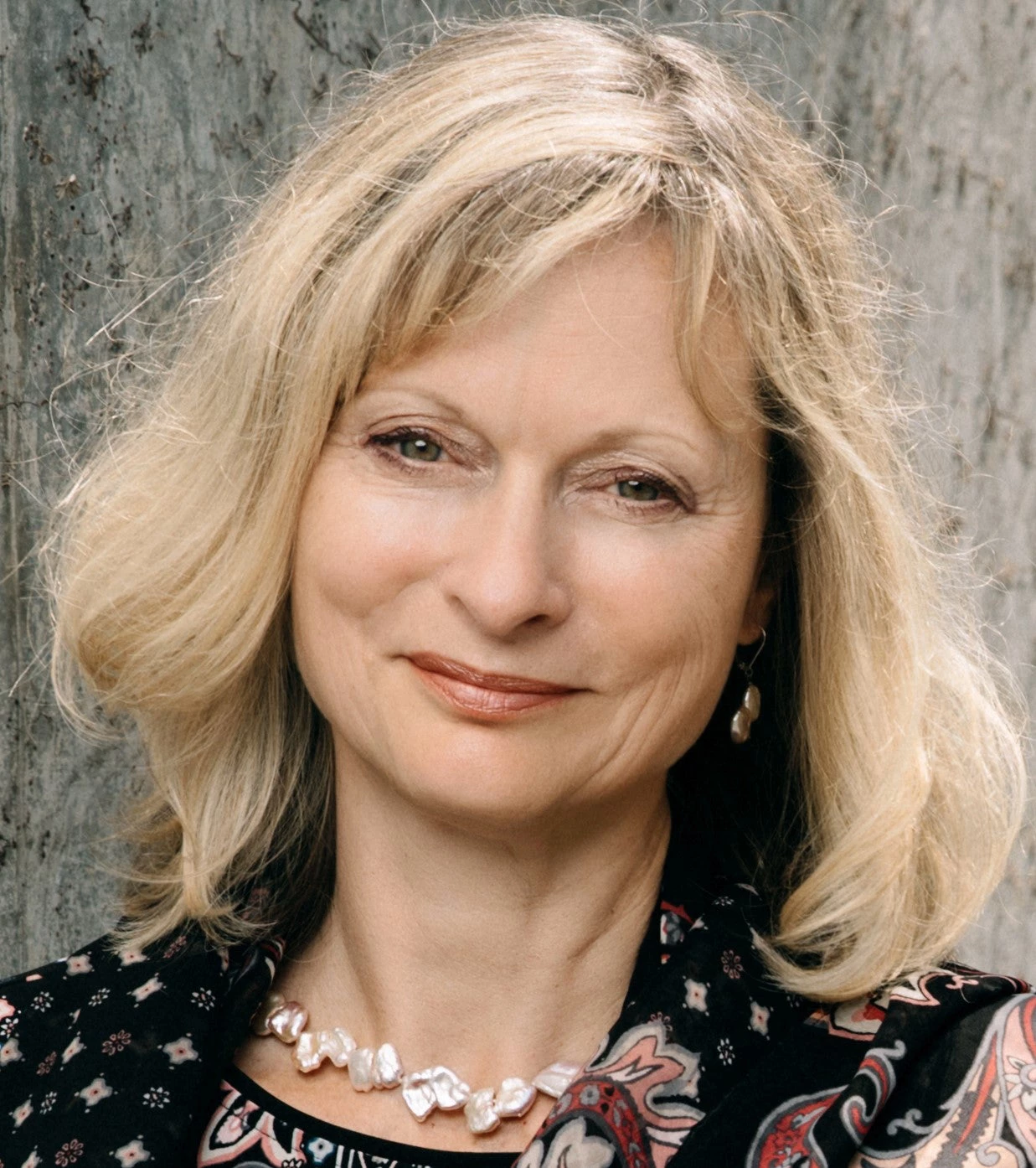 Students wash their hands after using the toilets at Lideta Limat school in Addis Ababa, Ethiopia. Photo credit: World Bank
Students wash their hands after using the toilets at Lideta Limat school in Addis Ababa, Ethiopia. Photo credit: World Bank
If a girl misses school five days each month due to menstruation, she misses a staggering 60 days of education a year—often due to ingrained social norms that create shame and limit access to proper hygiene facilities. According to UNICEF, 1.8 billion people across the world menstruate, yet millions of girls and women are not able to manage their menstrual cycles in a dignified, healthy way. The factors contributing to period poverty include a lack of access to affordable, quality sanitary products and hygienic places in which to use them, compounded by limited knowledge of how to manage menstruation without stigma or shame.
Ten years ago, the topic of menstrual health and hygiene (MHH) was shrouded in silence, a symptom of deeply ingrained social norms that created shame and limited access to proper hygiene for girls and women. Yet, even then, MHH was essential to their well-being and empowerment. We’ve come a long way, recognizing that adequate MHH requires not just access to female-friendly facilities , but also a dismantling of the stigma surrounding menstruation. This means advocating against discriminatory practices, promoting education on sexual reproductive health and ensuring quality, affordable sanitary products are readily available. It also means pushing for a policy environment that sets standards on the design of public sanitary facilities that cater to the needs of menstruating individuals, and removes barriers to affordable and sustainable production of menstrual products.
The World Bank's Holistic Approach
"The World Bank, with support from the Global Water Security and Sanitation Partnership, has adopted a comprehensive strategy to address MHH. This includes infrastructure development, information dissemination, stigma reduction, and provision of menstrual products. Our collaboration within our own institution and between Ministries of Water and Education has led to enhanced integration of MHH in school curriculums and health clinics, ensuring sustainable change. The Democratic Republic of Congo Water Supply and Sanitation Access (PASEA) is emblematic of this evolution. The PASEA project goes beyond just improving menstrual-friendly WASH infrastructure in schools, to partner with both the Ministry of Education and WASH United to develop (and implement) culturally appropriate curriculum to shift social norms around menstruation—curriculum that can be used nationally, beyond the project scope. Instead of only tracking facilities, the project tracks how this approach reduces school absenteeism. By leveraging partnerships and culturally sensitive tools, the project goes beyond infrastructure to create lasting change."
— Saroj Kumar Jha, World Bank’s Global Director for Water
Bringing a Gender Lens to Operations
“Menstrual health and hygiene (MHH) products and services are a necessity for girls and women to continue education without disruption and have a healthy, full and productive life. Addressing women’s and girls’ MHH needs and combatting stigma around MHH requires a concerted effort across sectors, including education, social protection and community outreach as well as water and sanitation services, trade, manufacturing and distribution. Everyone benefits when women and girls can fully develop and utilize their human capital. Households, communities and countries cannot end poverty without their full engagement. I am proud of the contributions of the World Bank Group to addressing MHH comprehensively through our operations, evidence and data. For example, the World Bank Group Gender Data Portal has recently included national MHH data, making it possible to track progress across countries. Evidence from the World Bank Group informs what works for an enabling environment for MHH, and informs the World Bank Group’s own operations. An impact evaluation currently underway from the Africa Gender Innovation Lab is assessing the impact of a holistic school and community-based intervention to remove taboos, barriers, and constraints faced by adolescent girls in Mauritania to adequately manage their periods and improve their menstrual hygiene management—a component of the Sahel Women Empowerment and Demographic Dividend Project.”
— Hana Brixi, World Bank’s Global Director for Gender
Advocacy and Storytelling
“In 2013, when I was a broadcaster, a story called Periods of Shame aired on my talk show and highlighted how girls in a remote area in Kenya were using chicken feathers and goat hide in place of menstrual products, leading to infections, their inability to go to school during their period, unplanned pregnancies and more. The story became a milestone moment for the menstrual health conversation in Kenya because of the online attention it garnered, forcing parliamentarians at the time to increase the budgetary allocation for products. It also caught the attention of the then First Lady of Kenya to speak out publicly on the issue when we launched an initiative in collaboration with her. The story birthed the beginning of the design of the Menstrual Health policy in Kenya and even inspired me to start Inua Dada Foundation.
There is such importance in mainstreaming conversations around menstrual health, in using storytelling as a tool in raising awareness on the issue and amplifying the voices of those most affected. Activism makes the case for urgency, a multi stakeholder approach to addressing the gaps in menstrual health and the power of voice. But without resourcing and if this issue continues to be de-prioritized, we find ourselves back here ten years from now. We need urgent action.“
— Janet Mbugua, Author and TV Personality
A Global Advocacy and Education Campaign
"WASH United works to counter the persisting taboos and stigma surrounding menstruation. An issue that cannot be talked about openly doesn’t become relevant at the societal level. And what isn’t relevant at the societal level isn’t relevant at the political level and doesn’t get addressed. That’s why activism and campaigning to break the silence and start conversations about the issue across society is so important. We’ve seen tremendous change in this regard over the past ten years. In 2014, we tracked 89 pieces of media coverage about menstrual health and hygiene around Menstrual Hygiene Day. By 2023, that figure had grown 200-fold to more than 17,800 articles, TV and radio shows. Our movement now has more than 1,000 partner organisations working together to create a world where no one is limited because they menstruate, ranging from large global actors to hundreds of grassroots organisations. What really excites me is that young people from the countries where the challenges are greatest are standing up to demand change. Last year, more than 50% of global social media contributions came from young people in Sub-Saharan Africa. Kenya was the country with most social media contributions, overtaking India and the United States.”
— Thorsten Kiefer, WASH United CEO
Investing in a period friendly world is not only the right thing to do from a gender equality perspective. It is also the smart thing to do because countries that invest in improving menstrual health and hygiene stand to reap significant benefits in terms of improvements in girls’ education, health, human capital, and ultimately economic development. Not just for women and girls, but for everyone.
We are convinced that the challenges women and girls still face around the world are solvable within our generation. It’s on us to generate the political will and the financial resources needed to make it happen. Looking forward, we are committed to step up efforts create a period-friendly world—a world without taboos and stigma, where everyone has full access to period-friendly sanitation, information about menstruation, and to menstrual products of their choice, so that everyone can manage their periods with dignity and participate fully in school, work, and society.





Join the Conversation